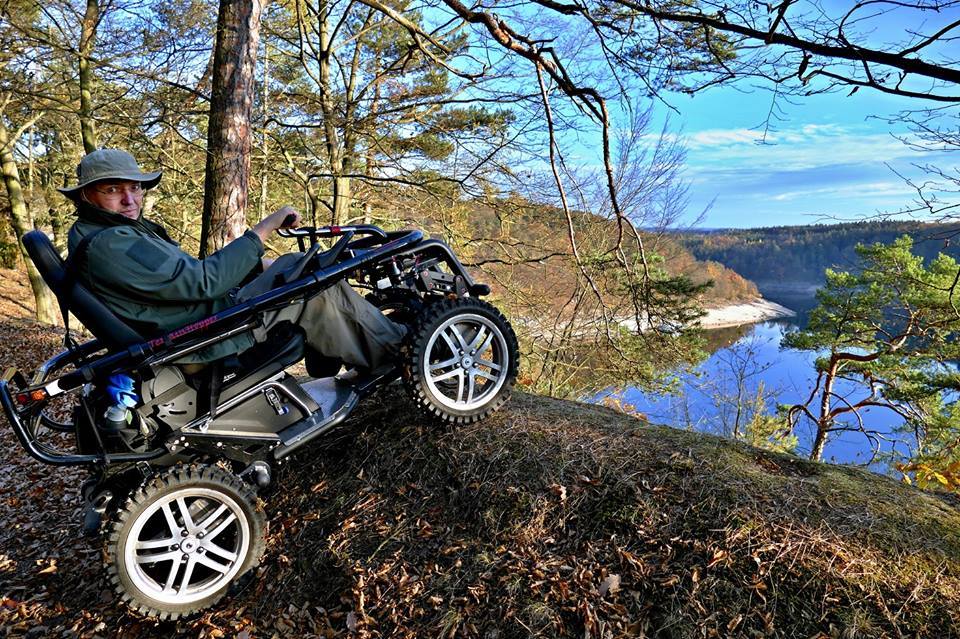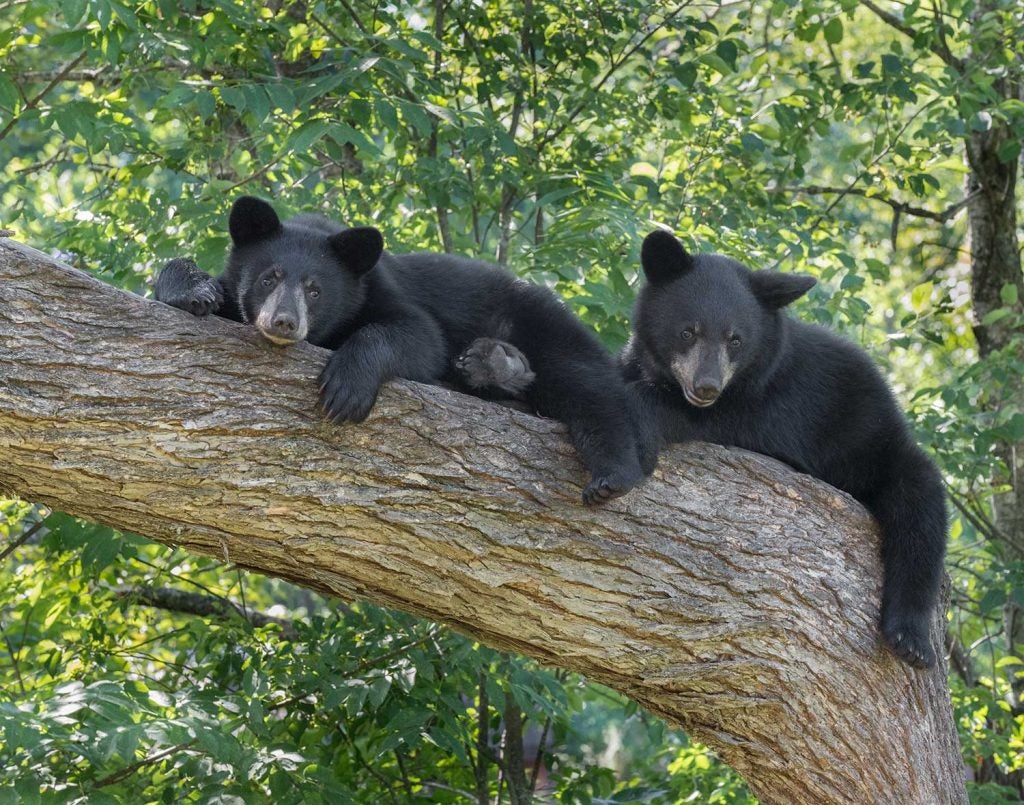In the 2018 midterm elections, millions of Americans will vote to determine the direction of the House of Representatives. There are many hotly contested issues on the table right now — outdoor access and environmental protections among them. The results of these midterm races will be key for national environmental policy like oil and gas development on public lands and climate change regulations.
The midterm elections could also decide significant local issues that are important to outdoors advocates. Out of the 80 most competitive House races, some will take place in regions with significant outdoor recreation. There, elections could turn on debates related to dams, ownership of public lands, protection of wilderness, mining and pipelines.
The 2018 Midterm Elections We’re Watching for Outdoor Advocacy
Here are some of the tightest races in November that could swing on important outdoor issues.
Washington — 5th District: Snake River

Rep. Cathy McMorris Rodgers (left), the Republican incumbent, is facing a challenge from state Sen. Lisa Brown, the Democratic nominee. Image from U.S. House Office of Photography/Lisa Brown for Congress.
One of the House’s top Republicans is fighting off a close challenge that could determine the course of natural resource management in the eastern Washington region.
Rep. Cathy McMorris Rodgers, a member of the House Republican leadership, has been active on natural resources issues important to her district, like securing funding to fight wildfires and increasing the timber harvest. She faces a challenge from former state Sen. Lisa Brown, the Democratic nominee, who has had a hand in preserving the state’s Snake River and setting the state’s renewable energy standards in her 20-year political career.
The Cook Political Report rates the race as leaning Republican. Environmental groups have poured more money into the race than any other in the midterm elections to support Brown and oust a GOP leader.
Both candidates support the dams on the Lower Snake River, but differ in how they think the dams should be handled. Brown supports a recent court decision to increase spills over the dam. McMorris Rodgers just won House support for a bill overturning that decision.
Brown also supports the decades long effort to reintroduce grizzlies to the region, something McMorris Rodgers opposes.
Fun facts:
- Brown taught economics at the Central American University in Managua, Nicaragua in the early 1990s.
- McMorris Rodgers is descended from pioneers who traveled the Oregon Trail.
New Mexico — 2nd District: Organ Mountains-Desert Peaks

Xochitl Torres Small, a water attorney and the Democratic nominee, squares off with Republican state Rep. Yvette Herrell. Image credit Xochitl Torres Small for Congress/Yvette Herrell for Congress.
The two candidates in a competitive midterm race for the open seat representing southern New Mexico have formed key battle lines over federal public lands and oil and gas development.
The Republican nominee is state Rep. Yvette Herrell, a realtor running as a small-government conservative. She is up against the Democratic nominee Xochitl Torres Small, a water attorney who was a staff member for New Mexico Sen. Tom Udall.
The district is currently represented by Rep. Steve Pearce, a Republican, who is giving up his House seat to run for governor.
The Cook Political Report rates the seat a toss-up, a change from its previous Republican-leaning rating following Torres Small’s fundraising prowess. Registered Democrats outnumber registered Republicans in the largely rural region.
The district race could exemplify the ability of Western voters who oppose the Trump administration’s roll backs of protections for public lands to swing a race in the midterm elections.
Former President Obama made the granite pinnacles and archaeologically rich canyons of Organ Mountains-Desert Peaks a national monument in 2014. The people in New Mexico’s 2nd Congressional district who saw the designation lead to a tourism boom were riled up when the Trump administration suggested it might seek to reduce the monument last year.
Herrell has advocated for the turn over of federal public lands to state hands, an ease on permitting for development of natural resources, and an increase in energy production. Torres Small has argued for a balance between rural economic development and wilderness protections.
Fun facts:
- Torres Small got engaged at Organ Mountains-Desert Peaks.
- Herrell is a self-professed dog lover who introduced a state bill in 2013 to prohibit local governments from banning certain breeds of dogs.
Montana — At Large: Wilderness
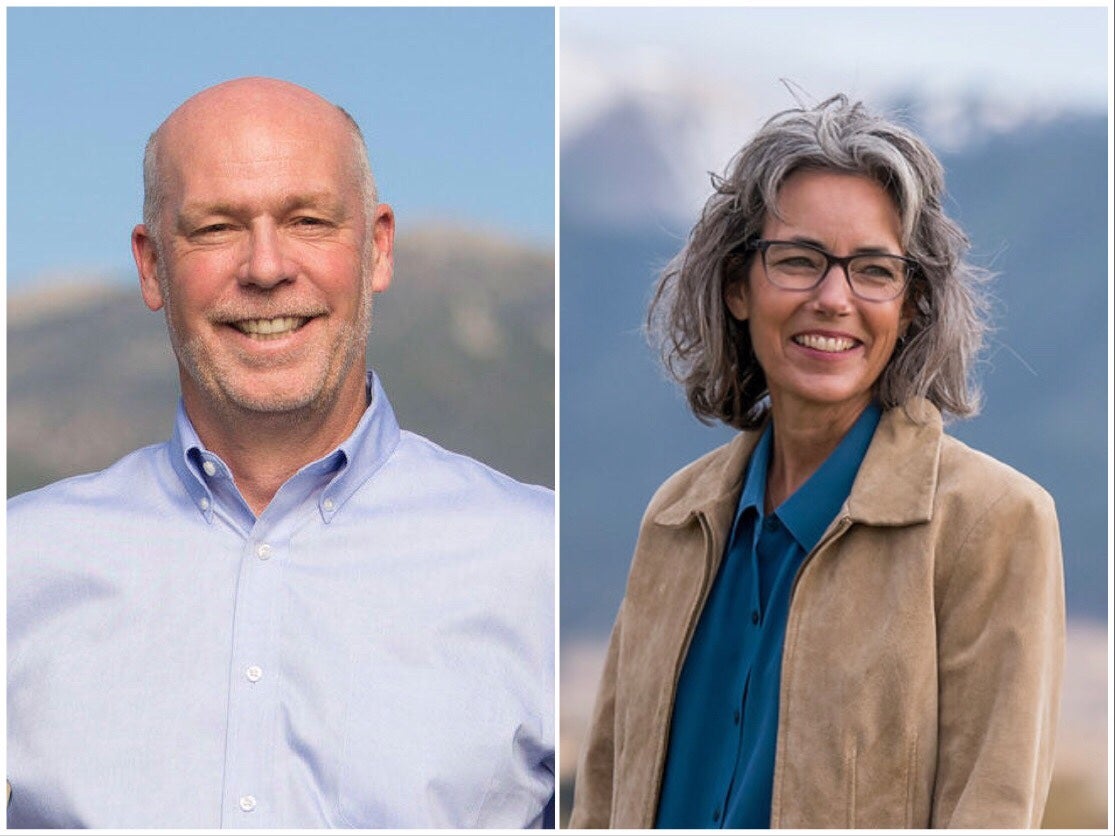
Freshman Republican Rep. Greg Gianforte faces a challenge from former state legislator Kate Williams, the Democratic nominee. Image credit Greg for Montana/Kathleen for Montana
A longtime Montana water policy expert is trying to overturn a freshman Republican for the Big Sky state’s sole seat in the House in this midterm election.
Republican Rep. Greg Gianforte faces off with former state legislator Kate Williams, a Democrat, in a race in which public lands access and wilderness are playing starring roles.
Gianforte, a businessman who is among the wealthiest members of Congress, has been serving in the House since last June, when he won a special election. Williams is a two-term state representative who has a long career in water and land conservation as a state official in Montana.
The seat has been held by a Republican continuously since 1997, and the Cook Political Report rates this specific midterm election as “lean Republican”, down from “likely Republican”. The district has already attracted significant cash and attention from national Democrats and energy and environment groups.
Access to public lands is always a big issue in the Big Sky state, with candidates trying to toe the line between opening lands to recreation and economic development and protecting sensitive environments from overdevelopment.
In a recent debate, Williams slammed Gianforte over his introduction of legislation to remove 700,000 acres in Montana from federal wilderness study areas designations. She said the Representative’s effort would eliminate environmental protections. She also said he shut out public input in the drafting of the bill. Gianforte said he introduced the legislation on the request of state officials. He said the bills would increase access to public lands for Montanans, including for development of natural resources like timber that local economies depend on.
Fun facts:
- Williams has zig-zagged across the state in her Northern Lite camper truck to campaign.
- Gianforte was a significant funder of the creationist Dinosaur and Fossil Museum in Glendive, Mont.
Minnesota — 8th District: A New Mine
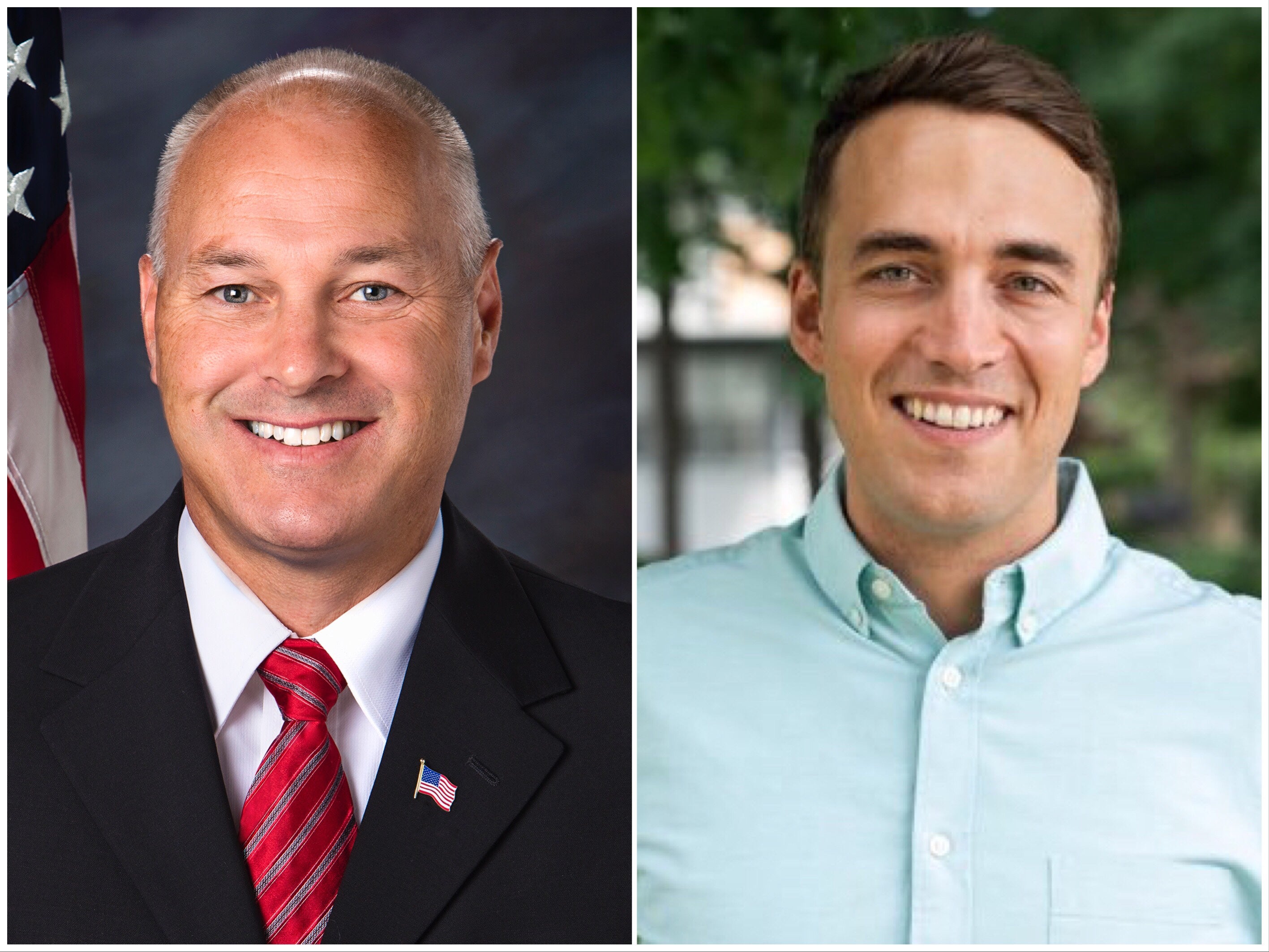
In one of the country’s closest elections this year, Peter Stauber (left), the Republican nominee, squares off with former state Rep. Joe Radinovich, the Democratic nominee. Image credit to Peter Stauber for Congress/Joe for Congress.
Plans for handling a new mine in the wilderness of this rural, northern Minnesota district could determine the outcome of one of the most competitive races in this midterm election.
Republicans see it as one of their best opportunities to pick up a seat in these midterm elections. The seat was formerly held by retiring Rep. Rick Nolan, a Democrat. Republican Pete Stauber, a former police officer, is battling with former Democratic state Rep. Joe Radinovich. The Cook Political Report ranks the race as a toss-up.
They’re taking slightly different approaches to a key issue: the state’s first-ever copper-nickel mining project. The Trump administration breathed new life into the mine by granting it some key regulatory approvals. It could bring hundreds of jobs to the region and significant environmental risks to an area known for pristine wilderness, like the Boundary Waters Canoe Wilderness Area.
Stauber, who has aligned himself with President Trump, has pushed for expanded mining in the region, known as the Iron Range, and for the use of technology to avoid pollution. Radinovich supports the mine project, but wants the company to meet strict environmental standards.
Fun facts:
- Stauber was a star player on the men’s hockey team at Lake Superior State University and helped the team clinch a national championship.
- Radinovich was the youngest representative in the state legislature at age 25, when he was first elected in 2012.
Michigan — 8th District: Great Lakes
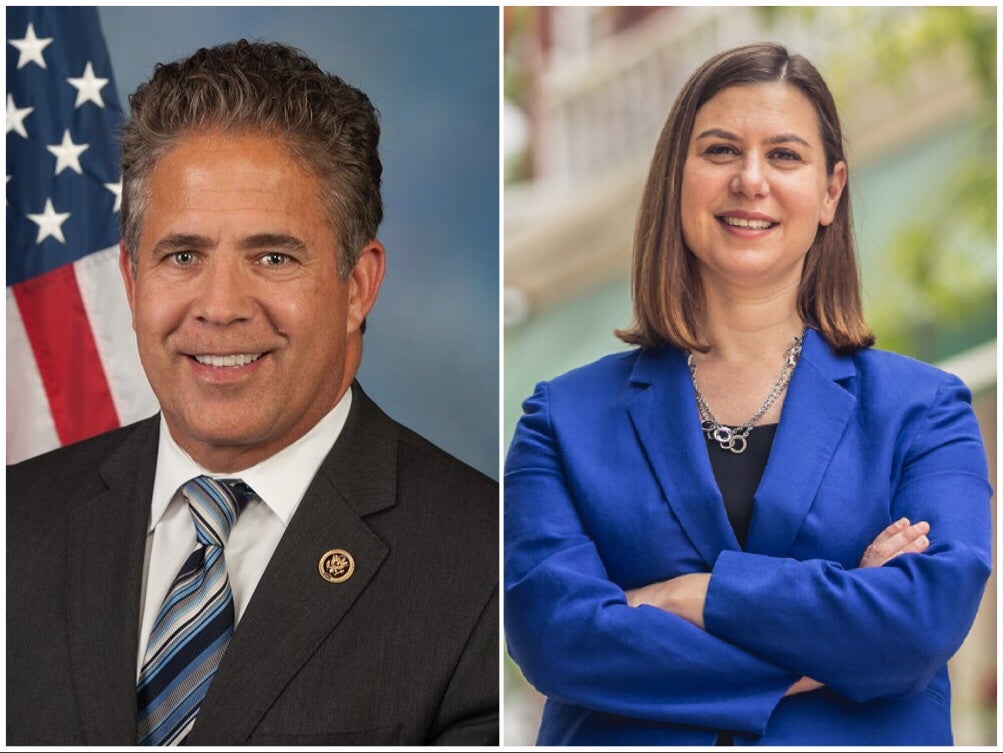
Rep. Mike Bishop, a Republican, is fending off a challenge from Elissa Slotkin in this swing district. Image from Rep. Mike Bishop/Elissa Slotkin for Congress
Both candidates in this toss-up midterm election are selling themselves as champions of the Great Lakes, but emphasizing different approaches.
Second-term Rep. Mike Bishop, a Republican, is facing off with Democratic nominee Elissa Slotkin, a former national security official. The Cook Political Report rates the race as a toss-up — one of the closest in 2018’s midterm elections. As a tight race in an area increasingly seen as a swing district, it has already attracted significant outside spending.
The district includes the northern suburbs of Detroit and the middle region of Michigan’s lower peninsula, which has hundreds of thousands of jobs tied to the Great Lakes.
Bishop has touted his track record in Congress of securing $300 million per year in federal cash for the preservation of the Great Lakes, despite some earlier indications the Trump administration was seeking to cut the funding. Slotkin says that doesn’t go far enough. She opposes new pipelines and drilling in the Great Lakes, something Bishop says he supports if there’s enough oversight.
In a heated moment in a recent debate, she also slammed the incumbent Republican on his skepticism of climate change science. Slotkin, who oversaw the Defense Department’s Arctic strategy and a survey of how climate change is affecting military bases, said the Great Lakes region must prepare for and mitigate the risks from climate change.
Fun facts:
- Slotkin comes from a “meatpacking family” that owns the company Hygrade Foods, which created the Ballpark Franks first sold at Tiger Stadium.
- Bishop credits his father, Donald, who was a state representative, for inspiring him to get into politics
Popular Articles:
Articles on The Dyrt Magazine may contain links to affiliate websites. The Dyrt receives an affiliate commission for any purchases made by using such links at no additional cost to you the consumer.


